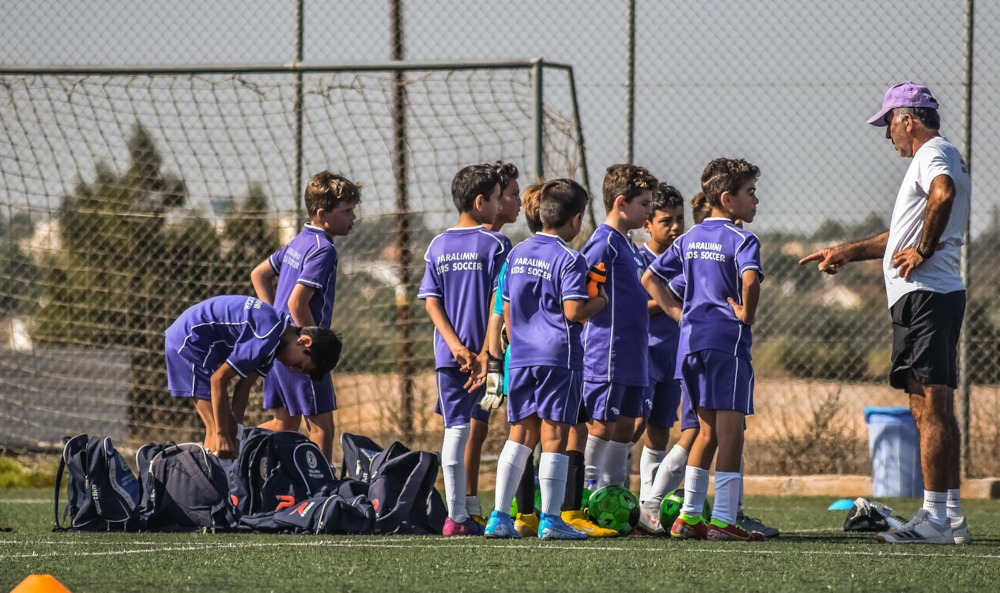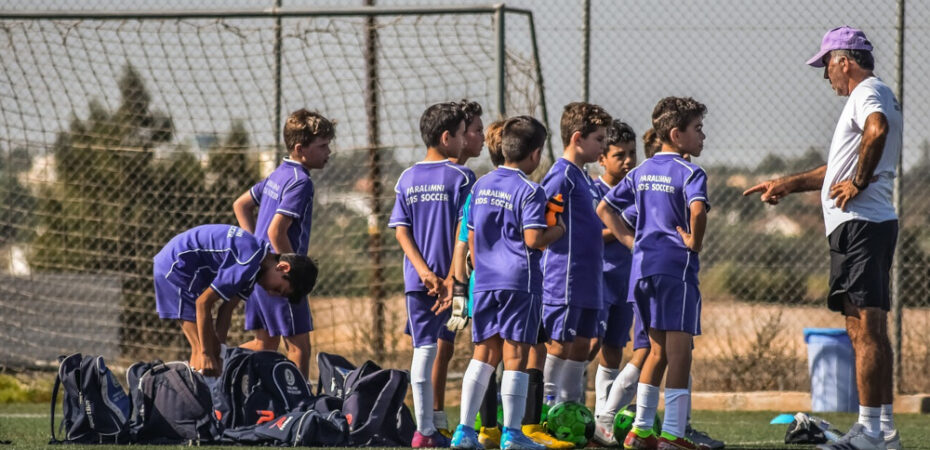
In this extra post, Callum Ferguson explores the concept of ‘challenge’ in relation to sport performance and learner development. Callum is a Study Development Advisor at the Institute for Academic Development, and a PhD student at within the Human Performance Science research group at Moray House School of Education and Sport.
‘Challenge’ is an interesting concept to think about when it comes to learner development. For the past three years, I’ve been doing a PhD about how athletes’ experiences of doing – or not doing – ‘difficult stuff’ shapes the skills they develop and therefore influences the level of sporting success they may go on to achieve. In essence, experiencing challenge – the ‘difficult stuff’ – can serve as a catalyst for either long-term learning or short-term performance, depending on how it’s structured and utilised. My research has put a strong emphasis on how sports coaches can strategically ‘use’ these challenging experiences (either by creating them intentionally or by reacting to spontaneous instances) to promote different developmental outcomes during athlete development.
Alongside doing this PhD research, I have been working at the Institute for Academic Development (IAD) as a Study Development Advisor, helping students develop effective study strategies. Working at the IAD, I’ve often found myself comparing the needs of athletes with those of students, and the role of the sports coach (or at least my research’s version of one) with my own as a study development advisor. In this blog post, I’d like to share one of those comparisons with you that hopes to offer a unique perspective on a well-established concept across both domains- the performance and learning distinction.
So that we’re all on the same page learning refers to the semi-permanent changes in knowledge, skills or behaviour encoded in long-term memory, whilst performance is characterised by immediate but short-lived changes to knowledge, skills or behaviour processed within working and short-term memory. This is an important distinction to make given that although learning is certainly the ‘default’ priority across both sporting and academic development, performance is – at times – necessary too, so it’s important to understand how to achieve both as well as when and why you might want to.
How to achieve learning and performance
Addressing the question of how each outcome is achieved is quite well-understood. For instance, spaced repetition and self-testing are techniques that take advantage of our natural tendency to forget stuff quite quickly, but more importantly, tests our ability to retrieve information (i.e., remember/recall). Said differently, by allowing ourselves to forget information, we create opportunities to challenge our memory, and that process strengthens those neural pathways which eventually lead to long-term learning – it’s (often) a slow and frustrating, but ultimately rewarding learning experience.
Conversely, study strategies such as re-reading, highlighting and cramming are shown to enhance short-term performance – this type of challenge fills our working, and maybe some short-term, memories full of information that can be recited in the here-and-now but will swiftly be forgotten. Both outcomes are important for different reasons across sporting and academic development, although in my experience, that isn’t always reflected in practice (I’ll get back to this point shortly).
When and why to promote either learning or performance
When and why you choose to promote learning or performance are trickier and more interesting questions. Here’s a very quick sports analogy that might help with this. If we think about a 100-metre sprinter, their ultimate objective is the Olympic Games in four years’ time. But during this wait for the Olympics, they’ll have other semi-frequent national and international competitions where achievement is also important. To work towards the Olympics whilst still performing well in other events, they’ll develop a long-term plan for the Games including phases of slower, more effortful training, but will also include faster ‘peaking’ phases for their other races. This means that they’ll transition between learning and performance in response to their contextual demands. In this way, the level of challenge in their training fluctuates accordingly: high challenge during learning phases to build long-term skills, and lower challenge when focusing on peak competitive performance. If we replace the sprinter with a student, the Olympics with a dissertation and other races with coursework, we might be able to draw some parallels between athletic and academic development!
My experience of promoting learning and performance as a Study Development Advisor
However, as I touched on above, I haven’t often applied this same logic when I give advice to students. In fact, I’ve found myself almost exclusively promoting the learning-focused strategies, without considering the broader context of the student experience. Although it seems obvious to me that an athlete shouldn’t always be maximally challenged during training, that’s exactly what I’ve been encouraging students to do when studying. In retrospect, I realise that this constant focus on challenging students to learn may have overlooked moments when they may be better served prioritising short-term performance, such as immediately before exams or on tight deadlines.
Maybe it’s been the nature of my job – only having one-off interactions with students and trying to provide the most valuable long-term advice – or maybe it’s been a complete oversight that I’ve only now just come to realise, but encouraging students to always have their metaphorical ‘foot down’ doesn’t seem right to me. Instead, giving them the knowledge about and freedom to responsibly apply both learning and performance strategies in alignment with their own contextual demands seems to make more sense. This flexibility surely allows students to leverage challenge more effectively – not only focusing on maximal difficulty, but instead finding the right balance to meet their immediate and long-term goals.
 Callum Ferguson
Callum Ferguson
Callum is a PhD student at within the Human Performance Science research group at Moray House School of Education and Sport. His research focuses on skill acquisition in sport, with a specific focus on golf performance development. He is also a Study Development Advisor within the Institute for Academic Development.


